Being involved in a sporting club is never uneventful and conflict is inevitable in the competitive environment of sport. From time to time issues arise, for example - over decisions about membership and selection and about the behaviour of members and personnel. Many of these problems can be ‘nipped in the bud’ if they are responded to when they first arise. However it is known that the longer an issue is left unattended the harder it is to resolve and the more likely it will develop into a formal complaint.
Issues need to be addressed and everyone – administrators, coaches, officials, players and parents – has a role to play in doing so. Ideally, the response will help create an inclusive, safe, fair and respectful environment, particularly for children.
This section provides information on commonly occurring issues in sport including what the law says about the matter, and provides practical ideas by your role (e.g., coach) about ‘what to do now’ and ‘what to do next’.
-
Positive Culture
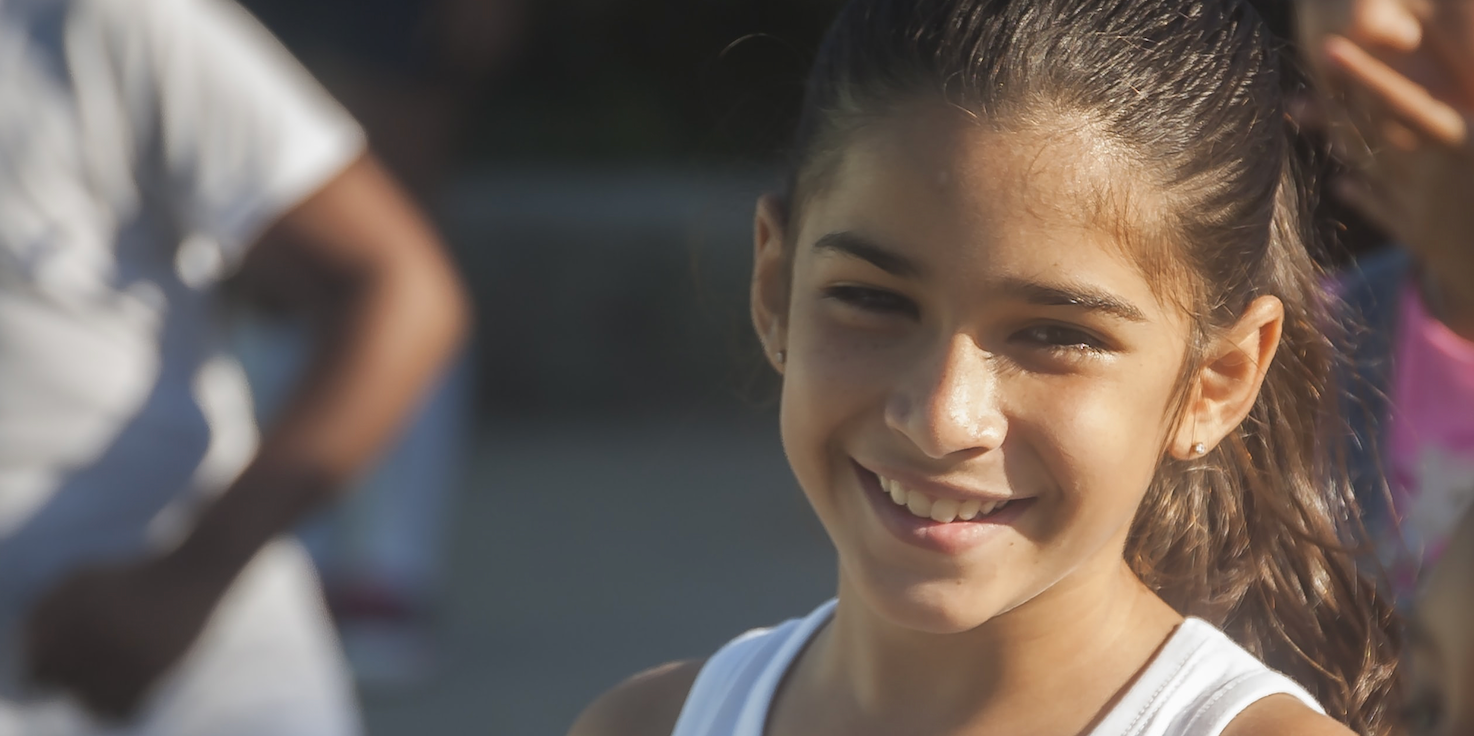
Creating a welcoming environment and a positive culture in your club involves a variety of things. There’s no single magic formula to creating a healthy and positive culture. Good news is that there is plenty of help available.
Read More
-
Post COVID-19 Support Centre
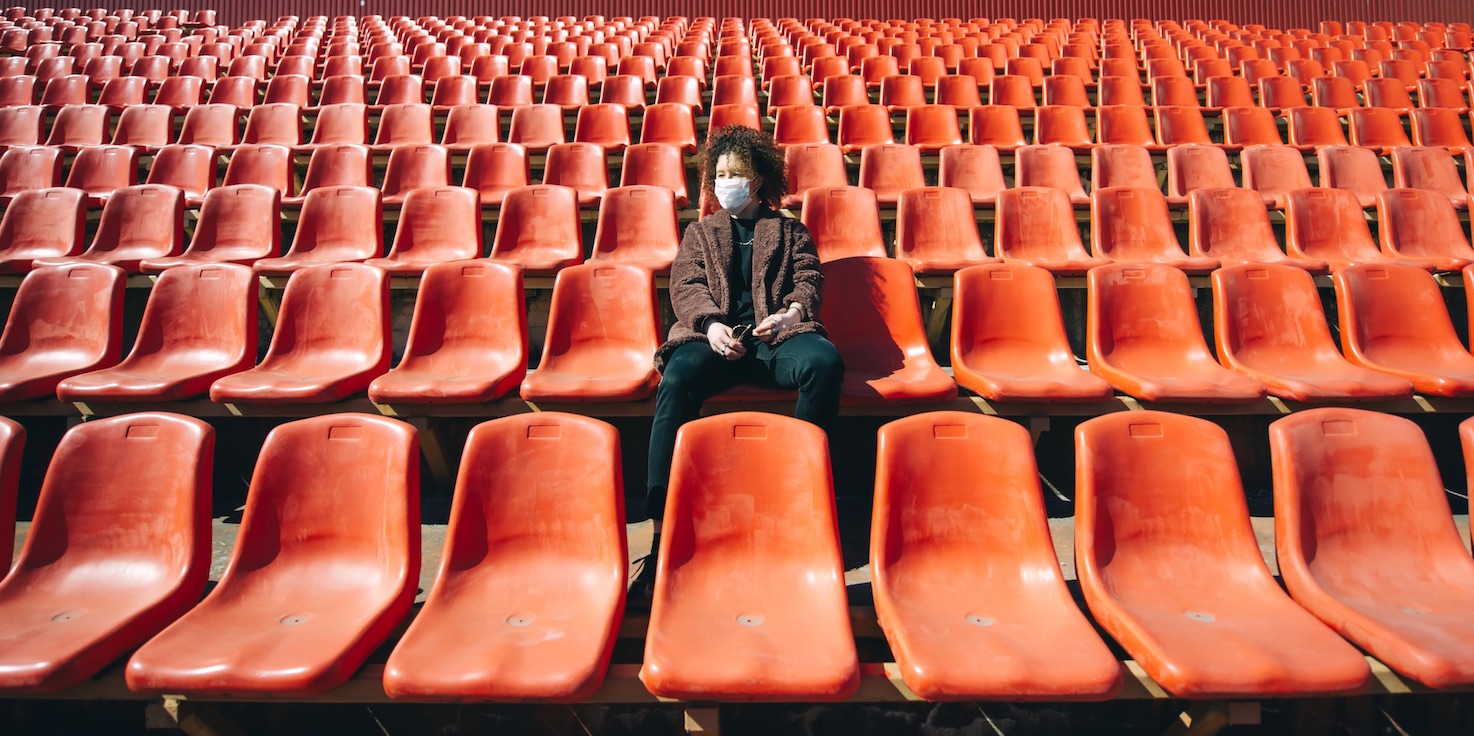
COVID-19 has put unprecedented pressure on community sport. It will take time to rebuild, to reboot and re-energise community sport. In this section we will collect and design a community sport library of resources that we hope lends a hand in the post COVID-19 world of community sport.
Read More
-
Governance
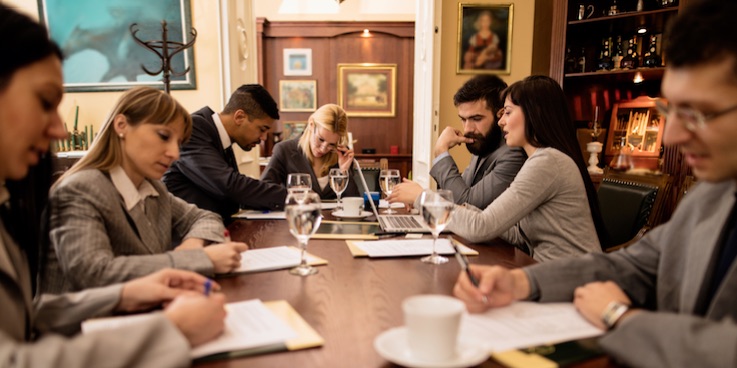
Good governance is essential to keeping your sport safe, fair and inclusive. Here we have some practical tips for getting organised, for committee's or board members and for the conduct of the annual general meeting.
Read More
-
Community Child Safe Sport
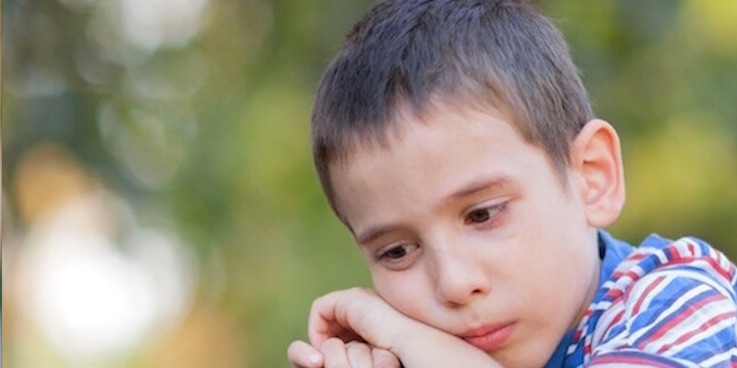 Read More
Read More
-
Inclusion and diversity

It's important that sport and recreation organisations reflect the diversity of the community they are in. Being inclusive and diverse doesn't just happen! Here, you will get a good understanding of what inclusion and diversity is and some practical ways to ensure your organisation reflects your community.
Read More
-
Sideline behaviour
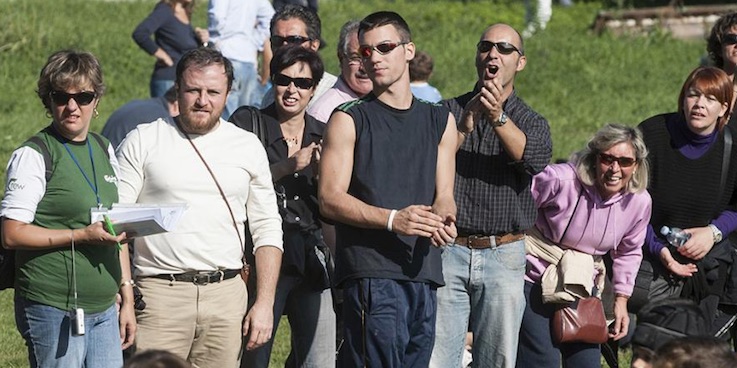
Parents play an invaluable role in club and community sports. Occasionally, however, some become over emotional, verbally abusive and sometimes even physically aggressive. It’s important that the inappropriate actions of a few parents don’t ruin the sporting experience for everyone else..
Read More
-
Social Media
It’s an online world, and sport and recreation is firmly part of it. Technology has brought incredible advances in sport, but also present risks. Traditional sport club issues such poor sportsmanship or sideline abuse no longer just occur “on the field” – they almost always play out on social media too. Clubs and members can all play a part in safe and respectful online experiences. Here’s some advice how.
Read More
-
Bullying
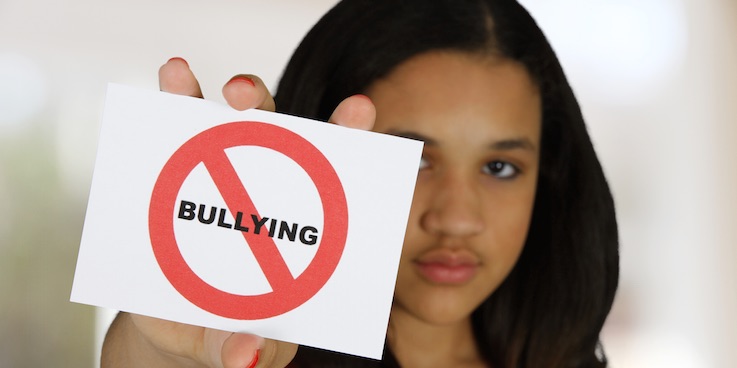
Every person in sport, in every role, has the right to participate in an environment that is fun, safe and healthy, and to be treated with respect, dignity and fairness. Bullying denies participants these rights and can result in feelings of disgrace, embarrassment, shame or intimidation.
Read More
-
Team Selection Juniors
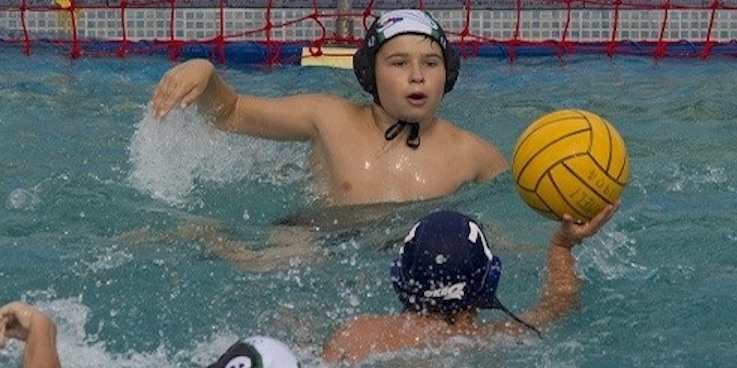
The selection of junior teams involves balancing individual participation with skill development and the shift towards greater competition as children mature. See our junior sport principles and the tips for committees, coaches and parents.
Read More
-
Girls Playing in Boys Teams
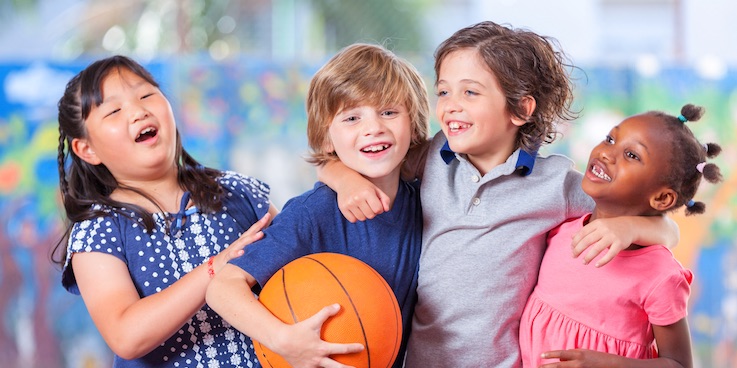
The issue of girls and boys wanting to play in each other’s teams may arise occasionally. This isn’t a concern when children are young, but it can become more complex as players approach adolescence and differences in physiology and ability begin to emerge.
Read More
-
Integrity in Sport
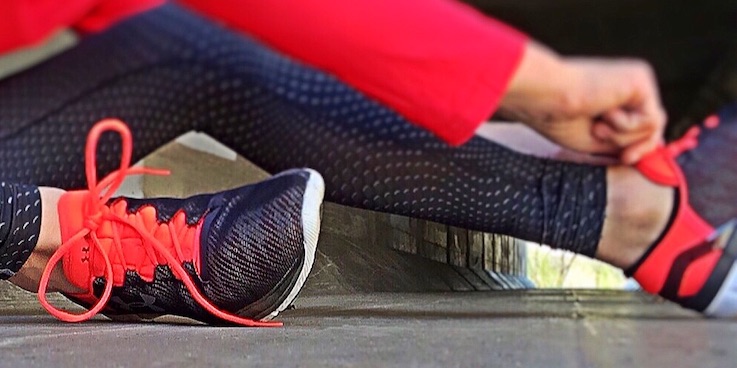
For all issues relating to Integrity in Sport – please refer to the Sport Integrity Australia website – click here for more information
Read More
-
Physical Contact with Children
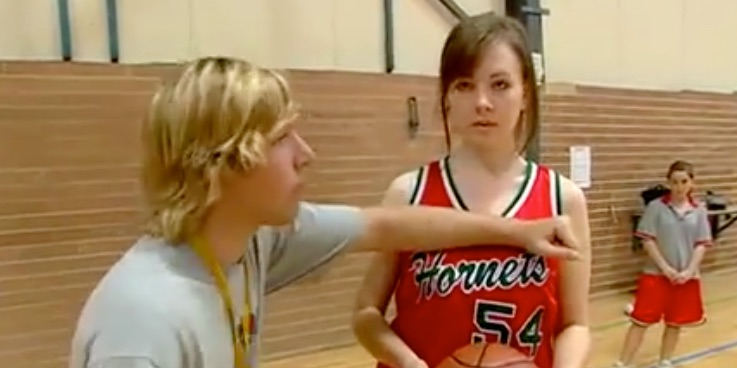
Issues surrounding physical contact in sport can be controversial and complex. Some sports require physical contact between adults and children for skill development; others do not.
Read More











